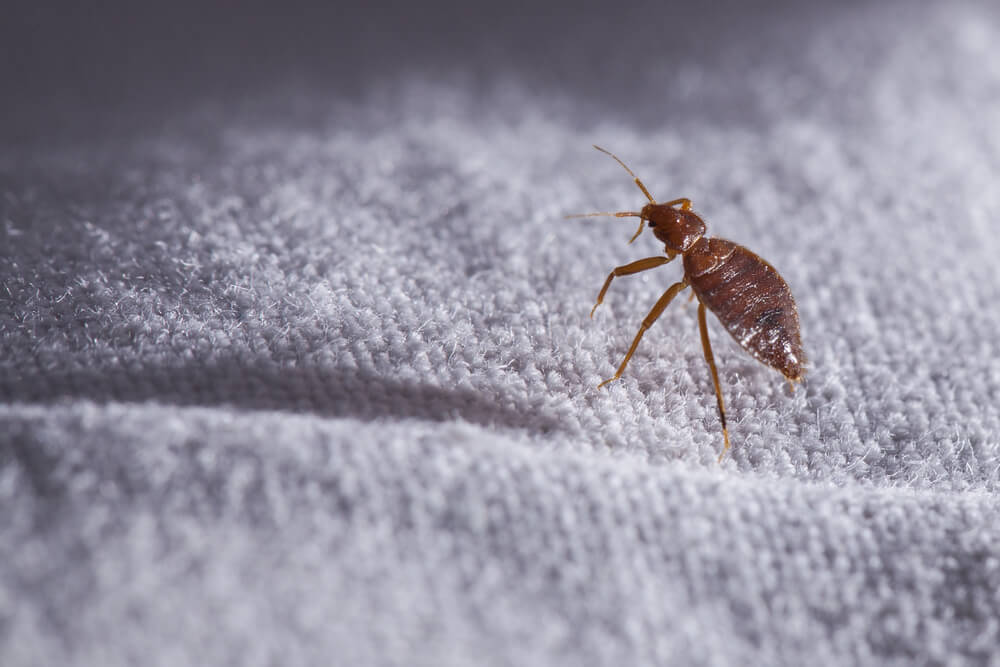
According to an annual ranking survey, Cleveland has more bedbug infestations than any other city in the US. It isn’t the first time we’ve topped this chart either, unfortunately. In recent years bedbug infestations have become so bad that the Cuyahoga County government is spending $200,000 next year on bedbug extermination. The Ohio State Department of Agriculture even requested the EPA let them use industrial-strength insecticides in homes.
Needless to say: Cleveland has a significant bedbug problem. But why here? Why now? What is it about Cleveland that makes it such a haven for everyone’s least favorite bedfellow? Is there anything you can do to safeguard your home against them? Here’s everything you should know about Cleveland’s bedbug problem, and what you can do about it.








